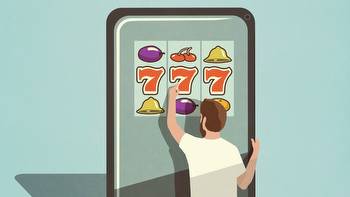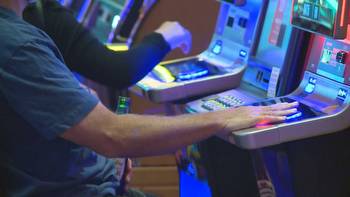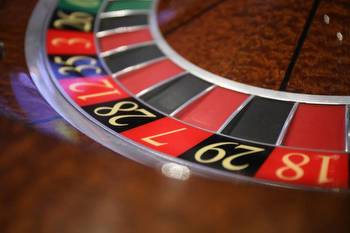Our View: Addiction is a dark side to legalized gambling in Ohio
Only readers who are really, really good at dodging TV commercials have avoided the ads touting the launch of legalized sports betting in the Buckeye State.
When the ball drops Dec. 31, it ushers in the era of legalized sports betting in Ohio, and organizations are jockeying to be top-of-mind with consumers through aggressive advertising campaigns.
A recent Alliance Review story noted the many options that residents have to get their sportsbook fix the brick-and-mortar way. Among them are MGM Northfield Park, Jack Thistledown Racino and Rocket Mortgage FieldHouse. Closer to home in Stark County will be BetRivers, part of the Pro Football Hall of Fame renovation project.
But just as the retail world is being overtaken by online shopping, so too will the bulk of sports betting in Ohio happen online. The same Review story notes that 93 percent of betting is done online in states that offer both retail and online options.
While this is exciting news for businesses and fans, it’s also worth noting that betting can be an addictive behavior that negatively impacts the lives of both gamblers and their families.
According to the National Council on Problem Gambling, quoted in a Pew Charitable Trusts article in July, the risk for gambling addiction in the U.S. grew 30 percent from 2018 to 2021. The biggest at-risk group was males 18 to 24 years old.
While gambling will be legal only for people 18 and older, 60% to 80% of high school students said they had gambled for money in the past year. The easy availability of online gambling apps could make the problem worse.
Warning signs of gambling are similar to addictive behaviors in general. They include a preoccupation with the behavior, the need to use larger amounts of money, an inability to reduce or stop the behavior, lying to family members, and asking others for financial help, according to the Mayo Clinic.
Of course, most gamblers in Ohio will enjoy the pastime as intended, with no ill effects. Yet it’s worth watching out for those who are overcome, especially if they are young adults who shouldn’t be gambling in the first place and who lack the self-control to stop.
Call it the dark side of all those bright, happy commercials.

































